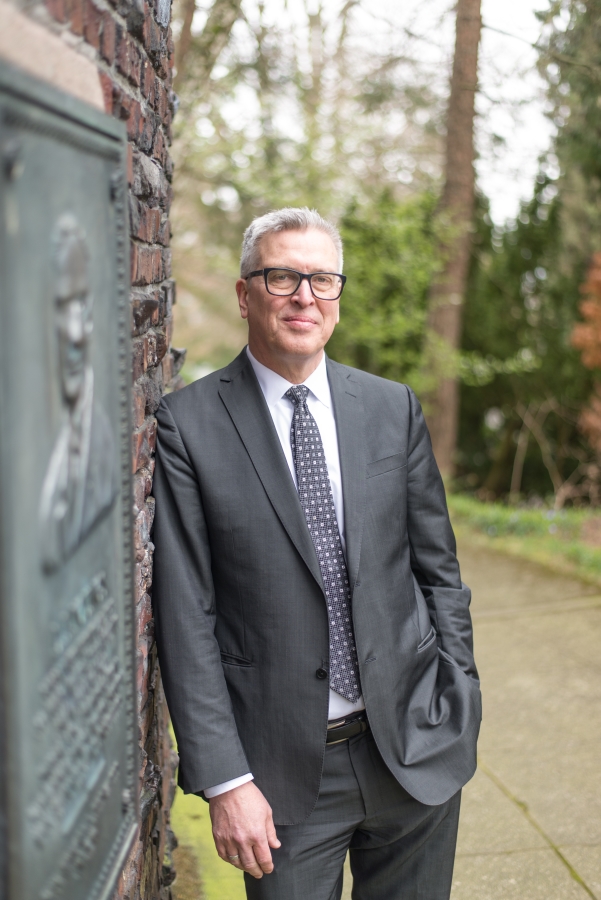“…beauty isn’t all about just nice, loveliness like. Beauty is about more rounded substantial becoming. And I think when we cross a new threshold that if we cross worthily, what we do is we heal the patterns of repetition that were in us that had us caught somewhere. And in our crossing then we cross on to new ground where we just don’t repeat what we’ve been through in the last place we were. So I think beauty in that sense is about an emerging fullness, a greater sense of grace and elegance, a deeper sense of depth, and also a kind of homecoming for the enriched memory of your unfolding life.”
—John O’Donohue
It’s early January, a busy season in death care. People hold on till after the holidays and then they let go. It’s our second removal of the night. Irena is my age. She died at age 56. I wondered what could happen to a woman my age. I feel so far from death, but it happens. Indeed, death is happening all over. For every 1 million population, as in greater Seattle, about 30 people die per day. 30 people die per day. Me and my removal crew, we take away about 5 or 6 of those 30. Every day. We are harried, removing the dead. Who we remove includes those of every age, even 56-year-olds. Irena. Her last name is Kozlow, which I assume is Polish.
When we arrive at the suburban house in Kirkland, Marcin, her husband, greets us at the door. He is about my age. And his son is there too. They are both pale and bald and have perfectly round European heads, like babes. They warmly invite us in, and insist upon us, Wade and I, sitting down in their living room. Marcin speaks with a heavy accent but he is a man who is used to living in a foreign land; considering and mulling everything over before making any sudden move. He wants to ponder what is next, along with us. He wants to ponder slowly, sitting down. He is inviting us to share with him the sequence. Now that his wife has died, he needs to know how to advance. He wants a choreographer now. He wants to know what is going to happen. He wants to be informed of the steps we are going to take. He wants to be informed of the steps he is going to have to take next. He wants to get his footing, in this new life without his wife. Marcin informs us, firmly but a little sheepishly, as though he wished he had more courage, that he doesn’t want to witness his wife leaving their house; he doesn’t want to see us carrying her out of his house, “For,” he says softly, “that would be just too emotionally troubling.” His son is in solidarity with him, shaking his head in agreement. The departure of their loved one, going out past their threshold, is upsetting. There is the inside space, their home, and there is the outside, all that exists out in the world; these are two very discrete spaces to them. I assure him that we will be sensitive and that we will inform them when we are ready to take her into our care, out of their house. I will let them know when she is going from their home into the outside. We will shield him from seeing her cross the threshold.
I am touched by his care. I am touched by the intensity and honesty of his acknowledgement that she is gone and that he wants to make it just a little bit easier on himself by not witnessing her actual departure out his front door. There is something healthy about his psyche and his care. He is definitely not brutish or careless. He is very deliberate. He believes in form.
I ask him if he will take me upstairs to see his wife in order to assess what equipment we will need to take her into our care. He complies. As he is leading me up the stairs, he tells me that she is “fresh” and that he has changed her into “new ready clothes”. That sounds profound to me. I silently determine that I also want to be, in this life, in new, ready clothes. And in her room, I see care. There is no blaring TV. He has laid her out in state but has shrouded her carefully in a light bedspread. There are no wrinkles in the bedspread. He is a careful man. We can’t see her face. Across her tented face, I imagine running along the bridge of her European leptorrrhine nose, is a long stem tulip, multi-colored, which he has carefully picked out and laid across her shrouded face. It is the most gentle preparation for a loved one’s departure I have yet witnessed. Everything in the room, its tidiness, the muted tones, the good lighting, his orderliness, represents his care for her. I wonder, seeing this, if carefulness is one of our most important expressions of love. Carefulness conveys our tenderness. Carefulness is love in slowed-down time. He informs us that she is very light, cancer has wasted her. “She can’t be more than 45 kilos.”
I review for him again what we are going to do; that we are going to get our backboard from the van and that when we come back we will wrap her up in a shroud and that when we are ready, we will go down to inform him that we are taking Irena out, so that he can retire to another room. He nods and says that, when we inform him, he and his son will retreat to the other room downstairs in the back past the kitchen. The plan is in place. He is feeling comfortable. “Yes, then we will hide”, he declares. And then seemingly self-conscious about having used the word “hide”, he wants affirmation and repeats, “But the English word ‘hide’ is the most appropriate in this situation, no?” And I assure him that it is. Absolutely. Like I am getting used to being the grim reaper taking people’s loved ones away. I am taking them away from their homes, extracting them from the place of their belonging. Yes, it’s something harsh you might want to hide from. It’s the right word. “Hide” is the perfect word.
We get the backboard from the van and come upstairs. Irena is light, she is a cancer featherweight. When I take off Marcin’s attentively placed bedspread from her face I see that he has tenderly tried to use a white elastic hairband, wrapped from crown to chin, to close her mouth, her slack jaw. It is working partially, but Marcin is aesthetically sensitive to what I am as well; the gaping mouth of the dead. Anguished gape-mouth is bad. It is The Horror. The yawp is bad. Open and closed is the difference between what is ghoulish and what is dignified. The frozen Scream is bad. Edvard Munch is bad. I so want all the mouths closed. I want this mouth closure so much that my developed expertise in Embalming Lab is the mandible suture – an invasive horrific mouth closure, where the sutures go through unimaginable places. It’s a gruesome procedure that I do quite well. Because I want the mouth closed. Damn the Yawp. It’s closure I want. Dignity is urgent and necessary. Marcin is my man.
We wrap Irena up and we strap her to the backboard. We tuck her soiled diaper in the plastic shroud with her to be cremated. We lay our quilt over her. And put her on another bed to wait while we fold all the sheets carefully from her medical hospice bed and tidy up her aftermath to match Marcin’s tidiness. I place the tulip back on the pillow of the now empty bed. Wade goes downstairs to alert Marcin and his son that we would be bringing Irena down and out through the front door. They retreat and hide. On our way out, we can hear them in the other room, their chatter deliberate white noise masking her Departure. We bring Irena out and lay her on a gurney and put her in the van, secure. I close the back door of the van.
I head back to the house in order to say a proper goodbye to Marcin. The door is closed when I ring it and I wonder if he just doesn’t want to see us anymore. He is done with us. But I wait. And he finally opens the door. I reach out to shake his hand over the threshold, but he refuses to take it. Instead, he steps over the threshold in a deliberate, exaggerated way and once he is on the landing OUTSIDE the house, he reaches to shake my hand. He has preserved the sacred space of the inside of his home and has stepped outside into the night. He shakes my hand vigorously and warmly.
“Thank you for your kindness and your understanding…You are very professional but somehow…” He is raw and full of emotion. He is bowing his head like a Japanese and I bow back to him. We are two middle-aged white guys bowing in the cool winter night to each other. I want to hug him and assure him but that would be inappropriate. There aren’t any words. There are no assurances.
This story was originally featured in Just a Little More Time. Names have been changed to protect anonymity.


